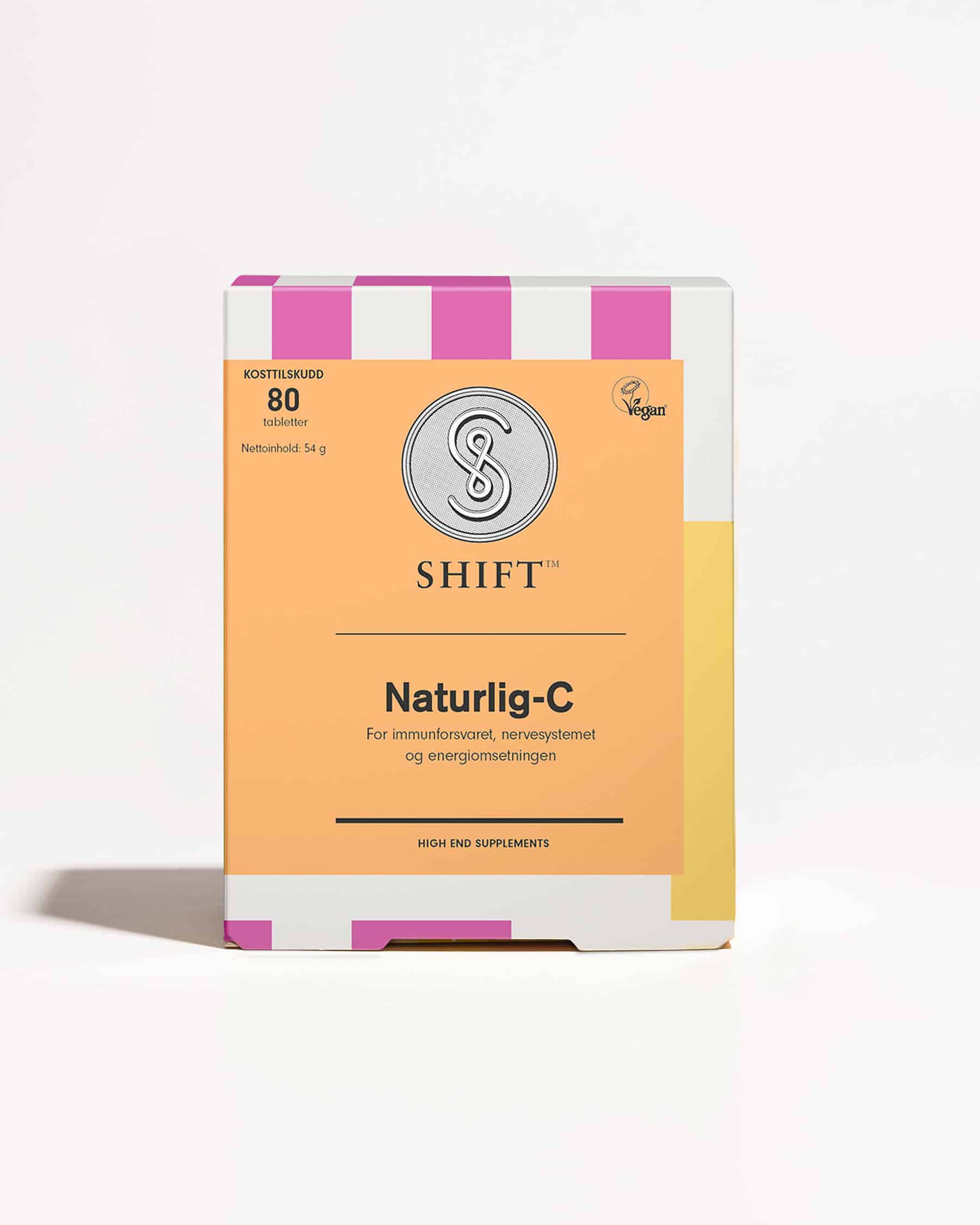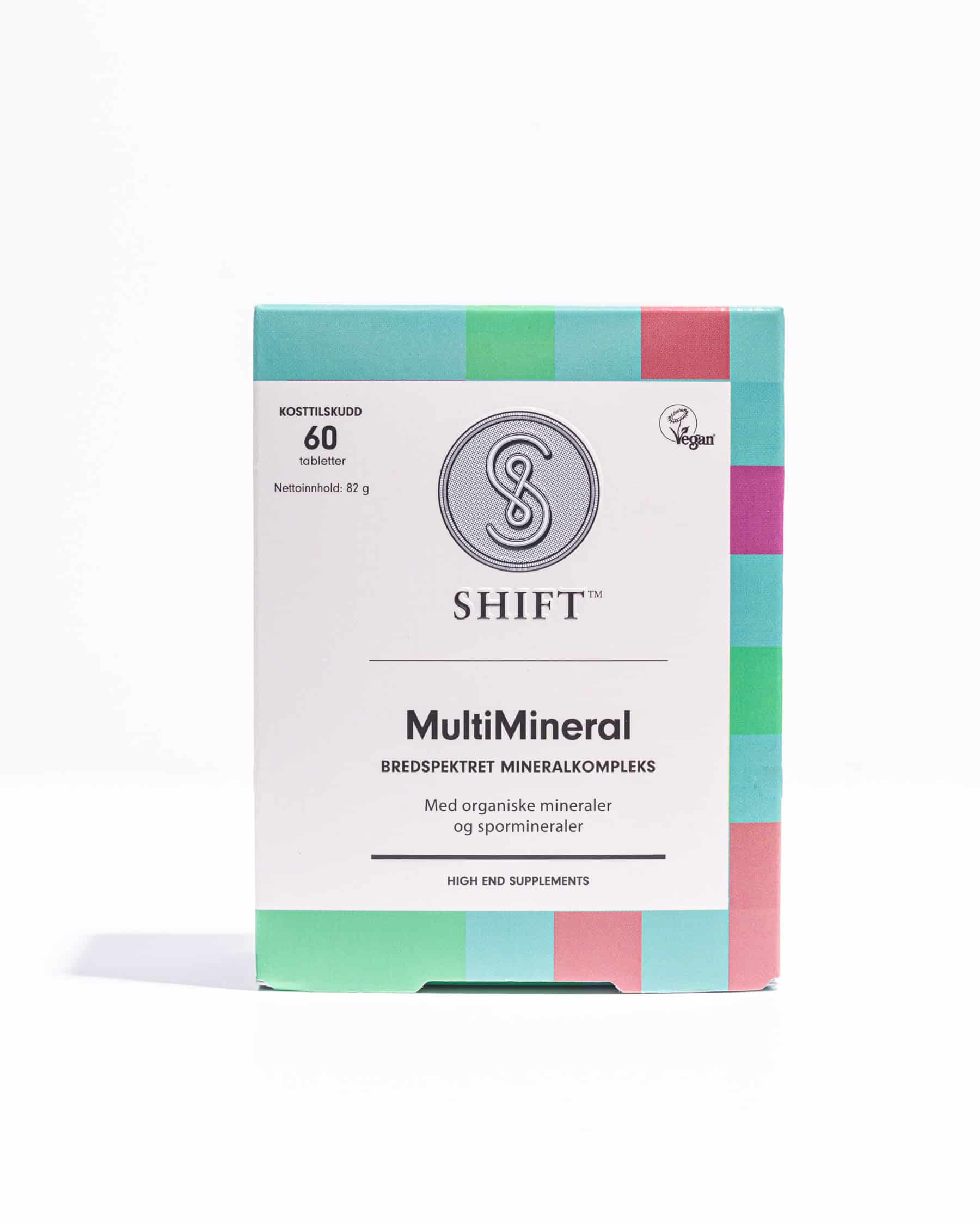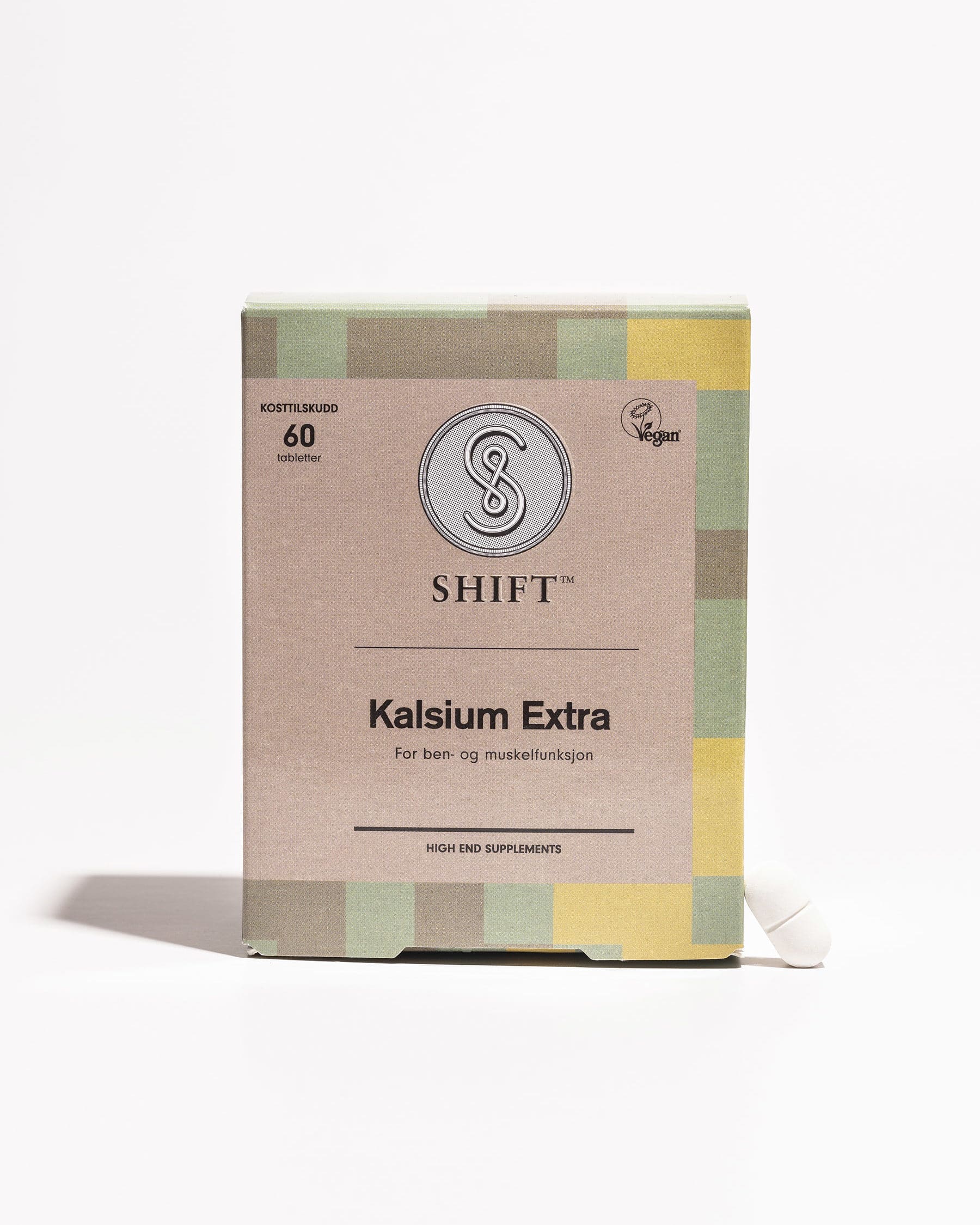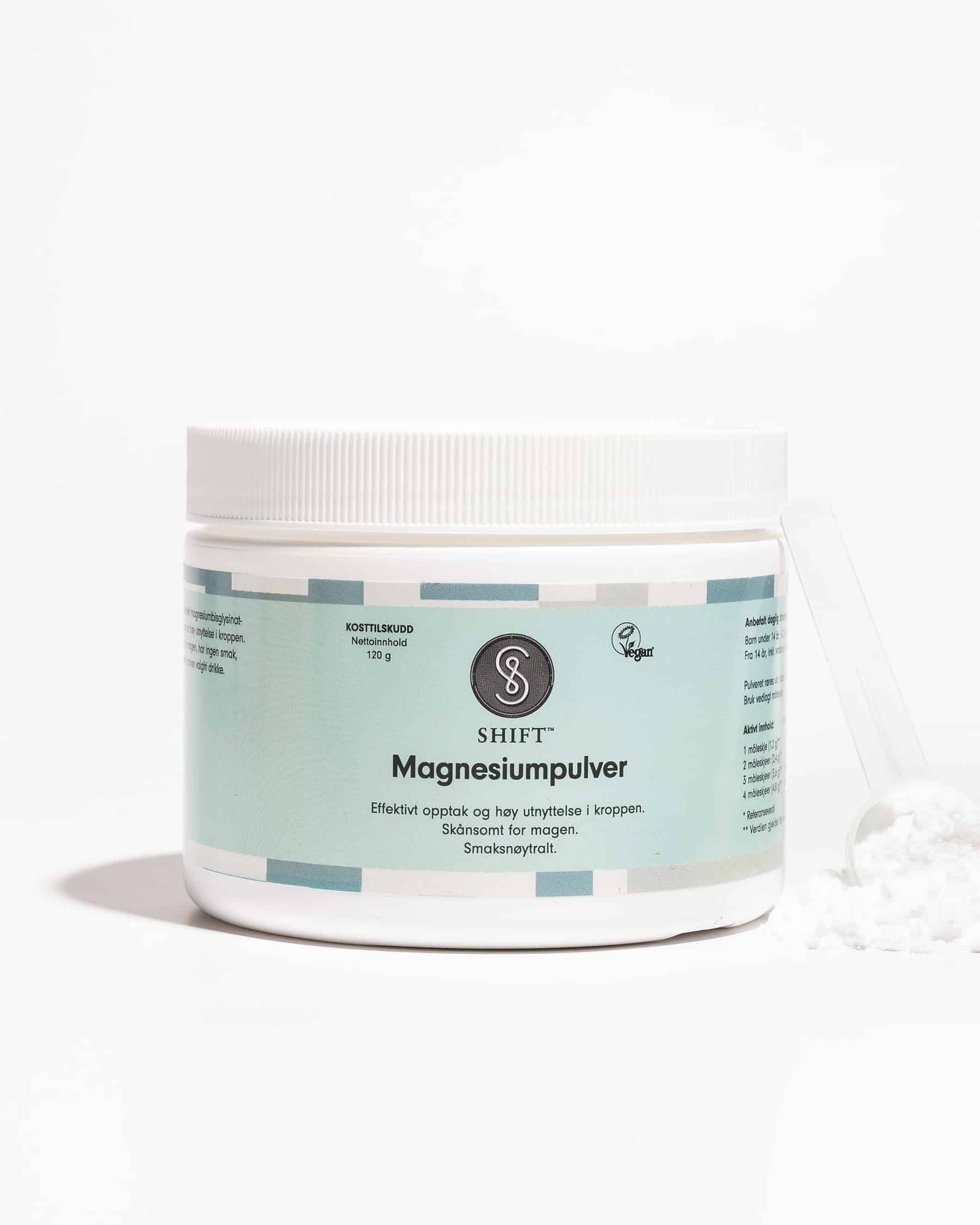Zink
Consists of zinc bisglysinate chelate, which is easily absorbed and gentle on the stomach.
Zinc contributes to:
- Maintenance of normal skin
- Maintenance of normal hair
- Maintenance of normal vision
- Normal function of the immune system
- Normal cognitive function
- Normal fertility and reproduction
- Maintenance of normal bones
- Maintenance of normal nails
- Maintenance of normal testosterone levels in the blood
Description
Zinc is necessary for many different functions in the body, but in order to utilize zinc, it is important that the mineral is absorbed efficiently and at the same time is gentle on the stomach and intestinal function. In SHIFT™ Zinc, this has been solved by using a special zinc bisglysinate called Z-Life™ where the zinc molecule is bound to and protected between two amino acids. This form of minerals is "smuggled" through the intestinal wall and into the bloodstream via the special and active transport system for amino acids, providing effective absorption while being gentle on the stomach and intestines. The manufacturer of Z-Life™ is one of the few that can provide scientific documentation that their chelates actually work in the above-mentioned way.
Ingredients
Contents
| Contents per tablet | reference value |
| 14 mg | 140 % |
Use
Recommended daily dosage: 1 tablet.
The recommended daily dose should not be exceeded. Should not be used as a substitute for a varied diet. Store in a dry place below 25 degrees and out of reach of children.
Did you know that
- Zinc is the mineral with the most approved health claims, meaning that zinc is extensively studied and well documented.
- Zinc is a necessary element in life processes, and our bodies contain up to 3 percent zinc.
- Dietary studies show that we only get around 60% zinc through our diet.
- Known signs of low zinc levels are reduced smell and taste, skin problems, fatigue and poor immune function.
For skin, hair, vision and immune system
Zinc is important and necessary for many different functions in the body, and is therefore the mineral with the most approved health claims associated with it. This means that the function of zinc has been extensively studied and well documented. Among other things, it contributes to the normal functioning of the immune system, cognitive function, reproductive capacity, protects against oxidative stress, and is important for skin, hair, nails, vision and bones. Zinc is also part of over 100 enzymes that affect the metabolism of nutrients.
Dietary studies show that we only get around 60% of the daily recommended zinc intake in the Scandinavian diet. In addition, it has been shown that only around 10-30% of dietary zinc is absorbed by the body. Signs of zinc deficiency include reduced smell and taste, skin problems, fatigue, poor immune system, reduced sexual desire and fertility. Zinc intake is important before, during and after pregnancy





